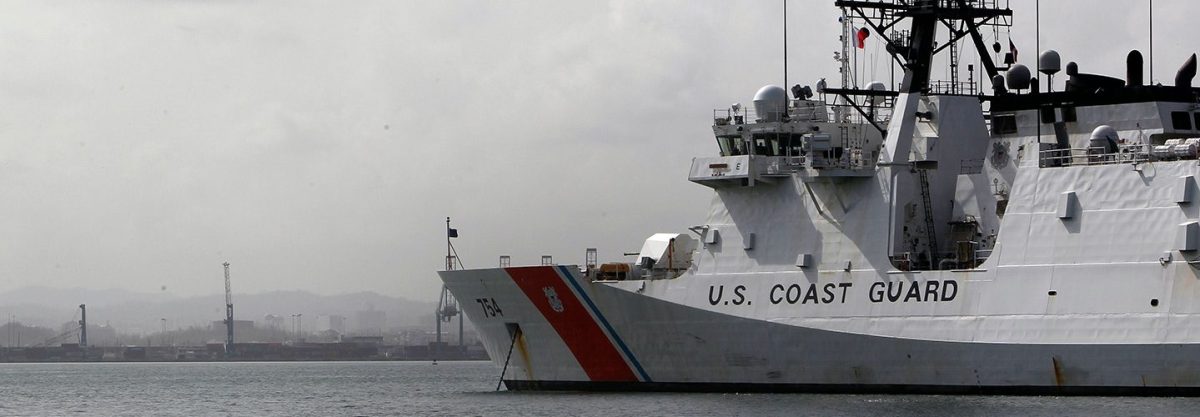Over the past six years, more than 2,700 people have been taken from boats suspected of smuggling Colombian cocaine to Central America, only to be carried around the ocean for weeks or months by the United States Coast Guard. The fishermen-turned-smugglers are caught in international waters, and often have little or no understanding of where the drugs on their boat are heading, explains an investigative piece by The New York Times Magazine. But the boatmen are carted from the Pacific to the U.S., where they face criminal charges.
According to New York Times Magazine, the Coast Guard never meant to set up a fleet of “floating Guantánamos,” as a former Coast Guard lawyer told the magazine in May. The Coast Guard is the only branch of the military that also serves as a law-enforcement agency, and for centuries, they have waited for smugglers to cross into U.S. territorial waters.
But then in 1986, Congress passed a series of laws, including the 1986 Maritime Drug Law Enforcement Act, which defined drug smuggling in international waters as a crime against the U.S., even when there was no proof that the drugs were bound for America, reports New York Times Magazine. The Coast Guard could now seek out suspected smugglers and bring them to the U.S. courts.
New York Times Magazine interviewed seven former Coast Guard detainees, some of whom are still in America federal prison. They painted a picture of a surreal imprisonment at sea after capture, a picture that the men says torments them most. They were not read Miranda rights or appointment lawyers, they were not allowed to contact or consulate their families. New York Times Magazine says that it is almost like their “rights are in suspension during their capture at sea.”
Gen. John Kelly, who served as the head of the Southern Command from 2012-2016 and is now the White House chief of staff, ushered in the time of increased detentions and the domestic prosecutions of extraterritorial activity. He believes drug smuggling and related activity is an “existential” threat to the U.S.
A White House spokesperson told New York Times Magazine, “Under General Kelly’s command, U.S. personnel treated detainees humanely and followed applicable laws.” The spokesperson declined to comment further.
This article was featured in the InsideHook newsletter. Sign up now.
























